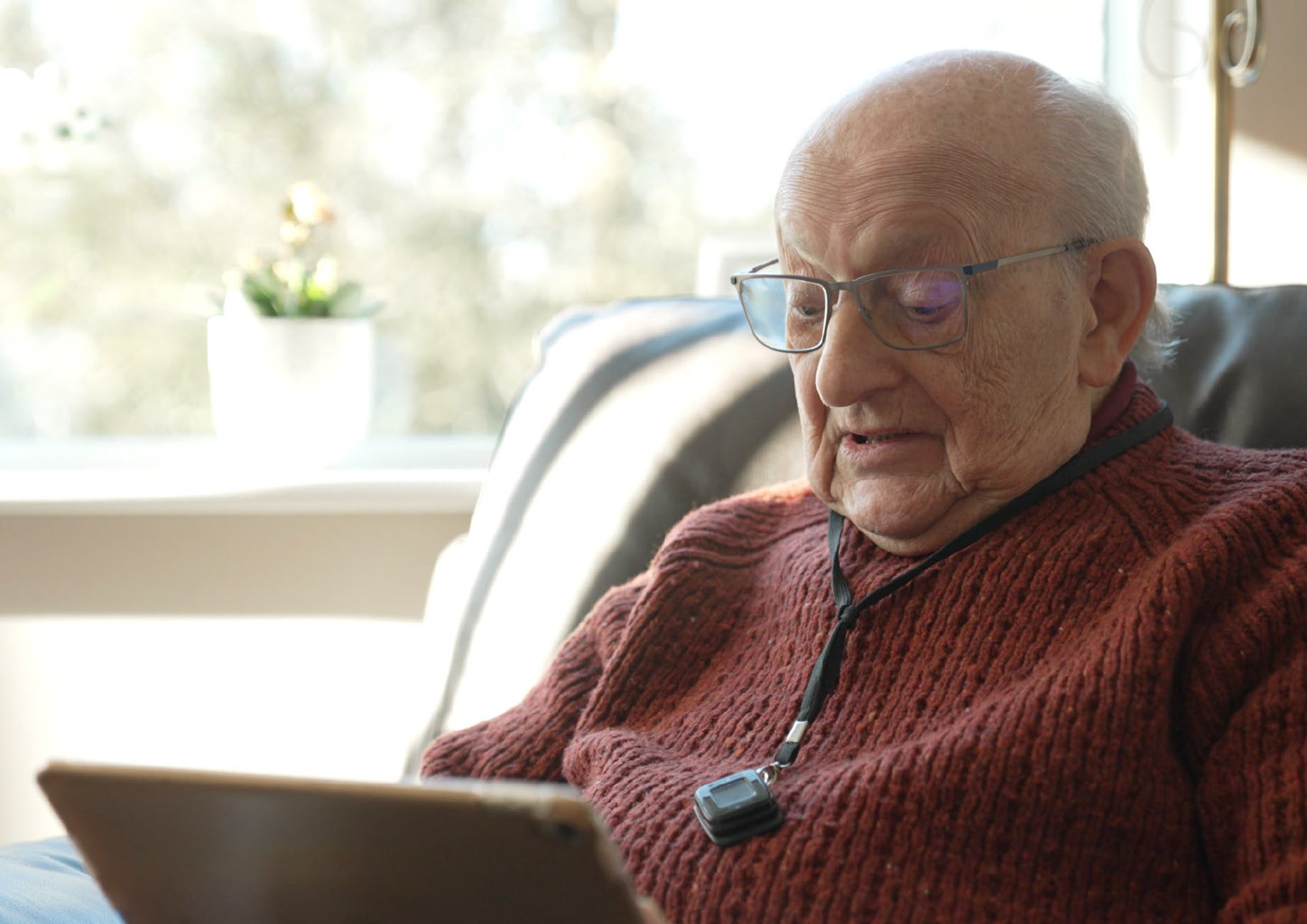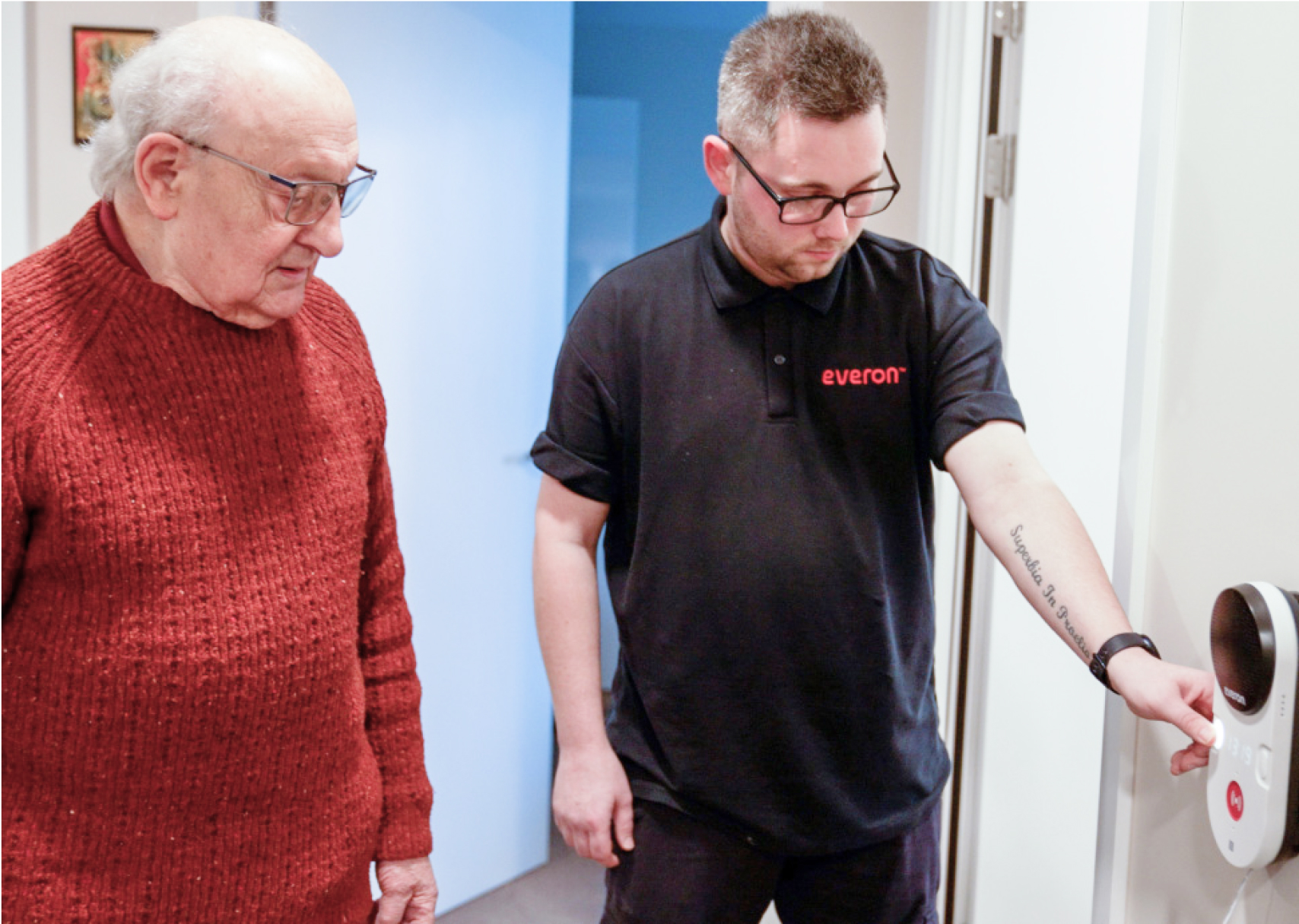Across England, local government reorganisation is starting to reshape how services are planned, delivered and funded. For people receiving care at home or in residential care, this change could feel distant – far removed from everyday life. For those who provide care it offers an opportunity to look afresh at how health and social care is delivered and square the circle of limited resources and increased demand.
The changes explained
The UK Government have set out plans to move away from the two-tier system of district and county councils. For most areas this will mean creating councils with a population of 500,000 or more with some exceptions to ensure the changes make sense for specific areas. The first elections are due in 2027 with all new local authorities set to be in place by April 2028.
As with existing unitary authorities, these new councils will be responsible for all services within an area including council run or administered social care provision. There are also new strategic mayoral authorities being launched across England, but the government has made clear that these will be focused on economic growth and not social care.
Future opportunities
However, the English devolution white paper talks about aligning boundaries of strategic authorities and NHS integrated care boards, prompting discussions by policymakers and stakeholders about establishing closer partnerships in future.
Conversations are taking place between existing councils - as they prepare for change - about how local government re-organisation could be an opportunity to reform public services. New partnerships could set a platform for improved co-ordination between health and social care services across the public and private sector.
The new unitary authorities, meanwhile, will be facing the same challenges of the councils they are replacing. That includes looking at ways they can streamline local delivery and improve efficiency. To maximise these benefits for providers of supported living, residential homes and other care settings, better use of technology will be an essential part of the equation.
With limits coming into force on overseas recruitment for care workers and no magic wand for increasing funding for social care services, the new councils will need to think more innovatively about how advances in technology, including AI and machine learning, can be embraced.
Switching to prevention-led care
The UK government has been vocal about the need for a greater focus on preventative, person-centred care. In January, the Secretary of State for Health and Social Care, Wes Streeting announced measures it would be taking to:
“…harness the power of care technology to transform care and support older people to live at home for longer.”
This included the launch of an independent commission into adult social care – chaired by Baroness Casey of Blackstock – to rebuild the adult social care system to meet the current and future needs of the population.
The implementation of the government’s local government re-organisation will dovetail with the expected reporting by the commission of longer-term recommendations in 2028 for the transformation of adult social care in England.
It means that we are unlikely to see those recommended changes come into force much before the next general election with the potential prospect of a new UK government with different priorities.
What action can be taken now?
2028 is a long time away for those working at the frontline of social care, especially when there are digital solutions available now or in development that could help them to better manage resource and prioritise, while allowing people to be living independently at home for longer.
Everon Group has been working with Housing LIN, TechUK and the TSA, champions for the technology enabled care sector in the UK, to argue the case with decision makers at all levels of the impact that investment in technology could bring.
In all three countries in which we operate, we are working closely with industry partners to influence policy makers of the best way ahead – including examples of best practice across the UK, Finland and Sweden where better use of technology has made a real difference.
The power of data, trend and insight
For care at home or in residential settings, the power of data, trend and insight is an important element in shaping a future-fit model for health and social care delivery. This is the time to invest in connected data driven digital systems that allow care providers and health care commissioners to free up resource for tasks that matter the most.
The road to preventative care is the ultimate solution for the challenges that the new wave of local authorities will face when they pick up the baton for social care delivery from existing unitary and county councils in the UK.
Cloud-based care management platforms, real-time monitoring, and predictive analytics are not distant ambitions – they are today’s tools for a more proactive approach to care.
Foundation for better care
Local government reorganisation isn’t just a bureaucratic shift. It’s a moment of decision. For those working in adult social care, the challenge now is to ensure digital transformation stays at the heart of this change – not as an afterthought, but as a foundation for better, more responsive care.
When we get this right, we won’t just improve systems. We will transform lives for the better and technology will be key to that.
Everon Group works directly in the UK with commissioners of grouped or supported housing services – from housing associations to care home networks, local authorities to integrated care boards.
We specialise in cloud-based wireless technology that analyses data to provide insight for early detection of health issues. Everon Group has supported the likes of Clarion Housing, Hyde Housing, Community Housing and Jewish Care, working in continued partnership on the digital transformation of their estates.
To find out more about how Everon Group can support your organisation book a consultation and we’ll be in touch.


